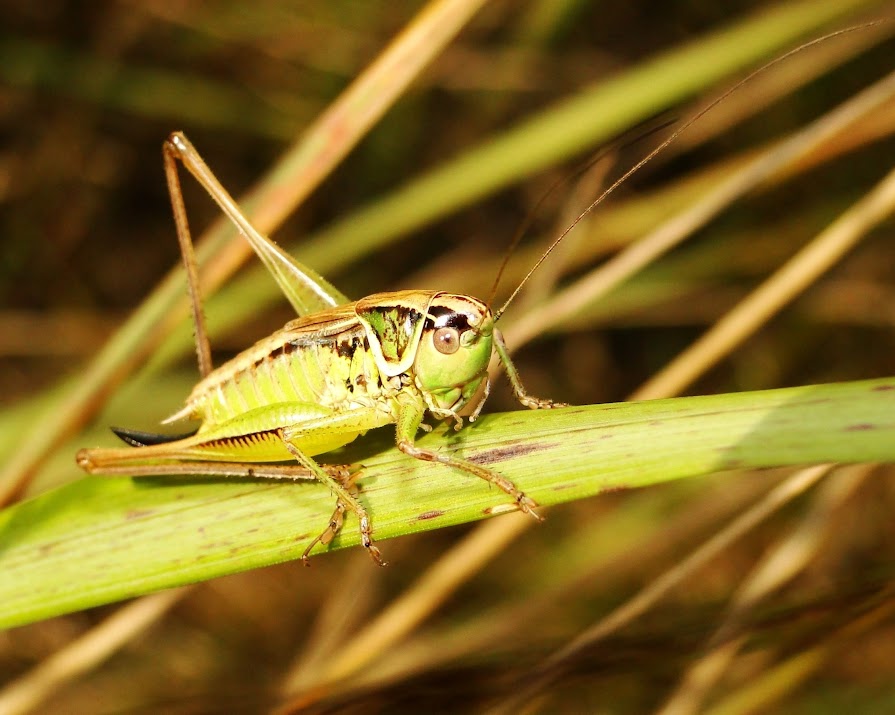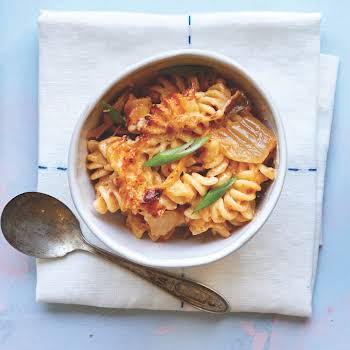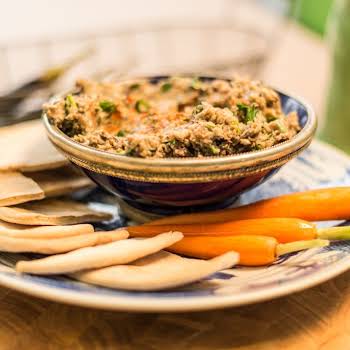By Geraldine Carton
18th Aug 2018
18th Aug 2018
True or false: More than two billion people around the world regularly consume edible insects.
True.
High in protein, fibre, vitamins, minerals and healthy fats; insects are practically reaching superfood status these days (although, we all know that there is technically no such thing as a ‘superfood’).
It seems not only are they nutritionally beneficial, but now, thanks to the findings of a recent clinical trial published in the journal Scientific Reports, the positive effects crickets can wield on the human microbiome (AKA your gut), is thought to be really significant.
According to lead researcher Dr Valerie Stull, insects are gaining considerable traction in Europe and the States “as a sustainable, environmentally friendly protein source compared to traditional livestock”. What’s more, they look set to be the next big thing over the coming years.
The study
Twenty participants took part in the six-week clinical trial. In the first two weeks, the test subjects either ate a breakfast containing 25 grams of powdered cricket meal (made into muffins and shakes), or were given a controlled breakfast without any cricket additive. For the following two weeks, the participants ate a normal diet. For the next two weeks, those who started on the cricket diet were provided with a controlled breakfast and those who started on the control diet consumed a cricket-based morning meal.
The researchers collected blood and stool samples at various stages of the trial, which were tested for various health markers; such as blood glucose and enzymes associated with liver function, and TNF-alpha (a protein associated with inflammation).
Related: Gut in a rut? These five foods will help your tummy troubles
The results
From the results gathered, the team saw that the cricket-eaters experienced a decrease in TNF-alph (linked to depression and cancer), alongside an increase in intestinal alkaline phosphatase (a metabolic enzyme associated with gut health). The team also noted an increase in beneficial gut bacteria such as Bifidobacterium animalis, a strain that has been linked to improved gastrointestinal function.
The positive effects that eating edible insects can have on people’s digestive health is good news for those who suffer from gut complaints such as IBS; with Dr Stull affirming, “This very small study shows that this is something worth looking at in the future when promoting insects as a sustainable food source.”























